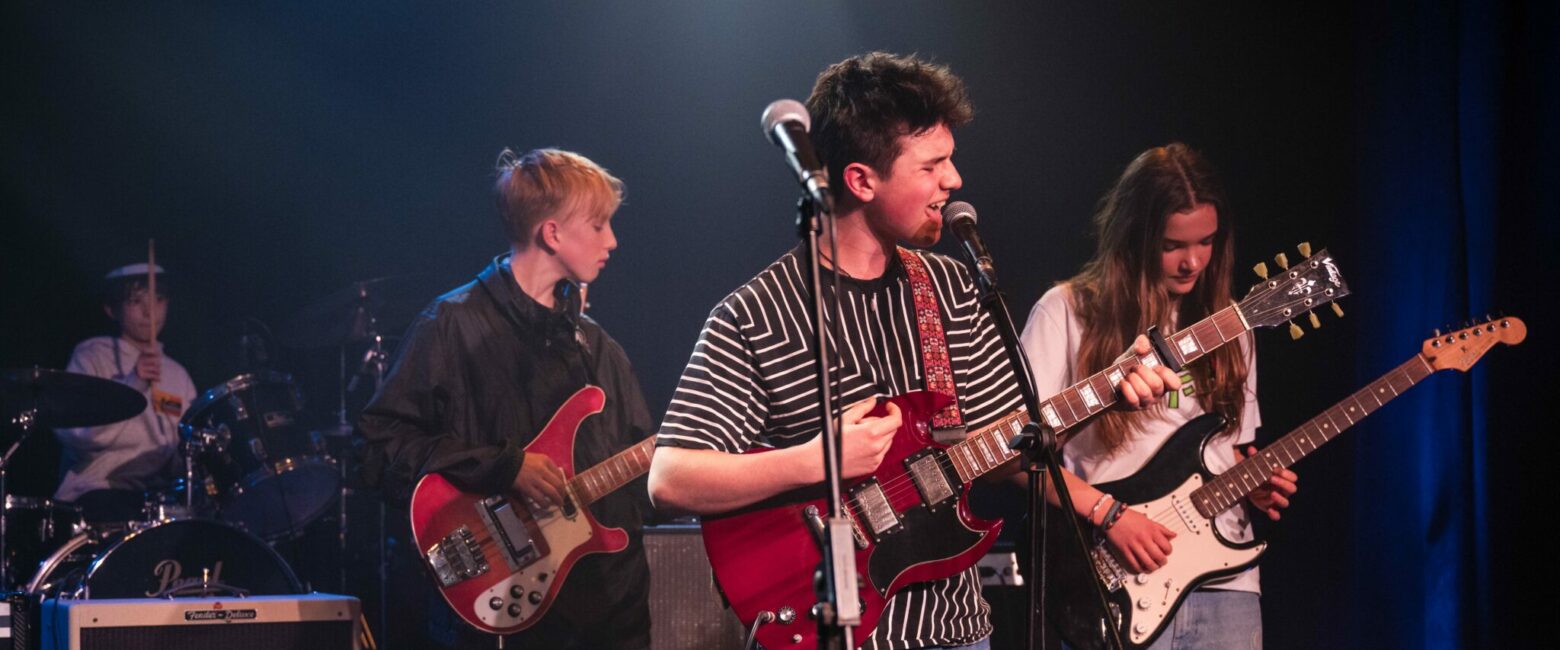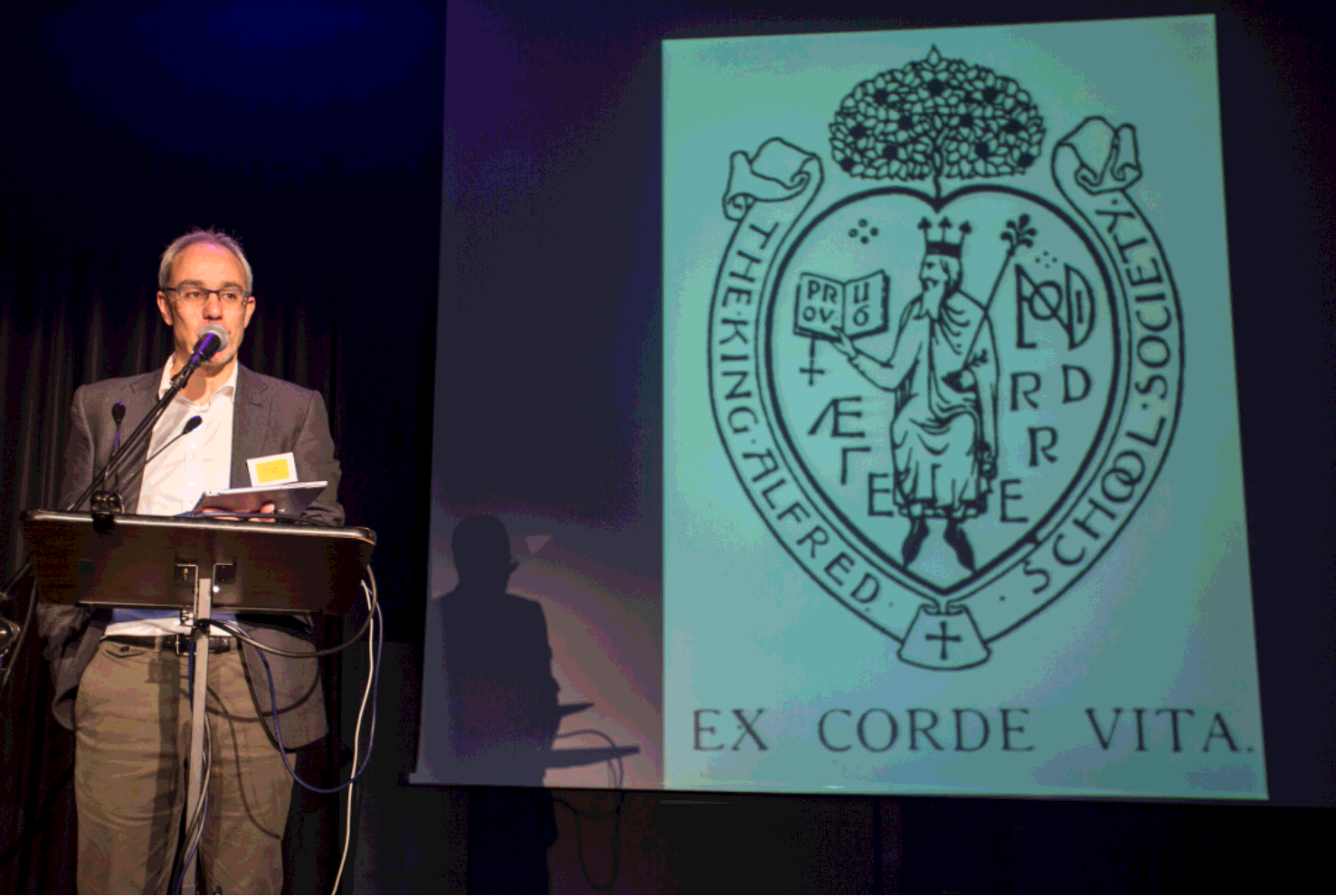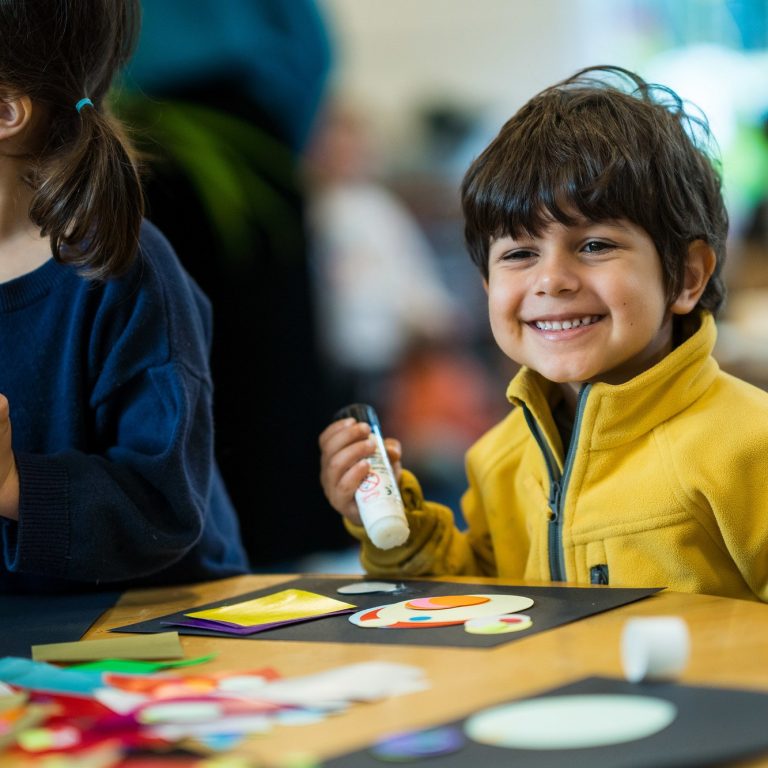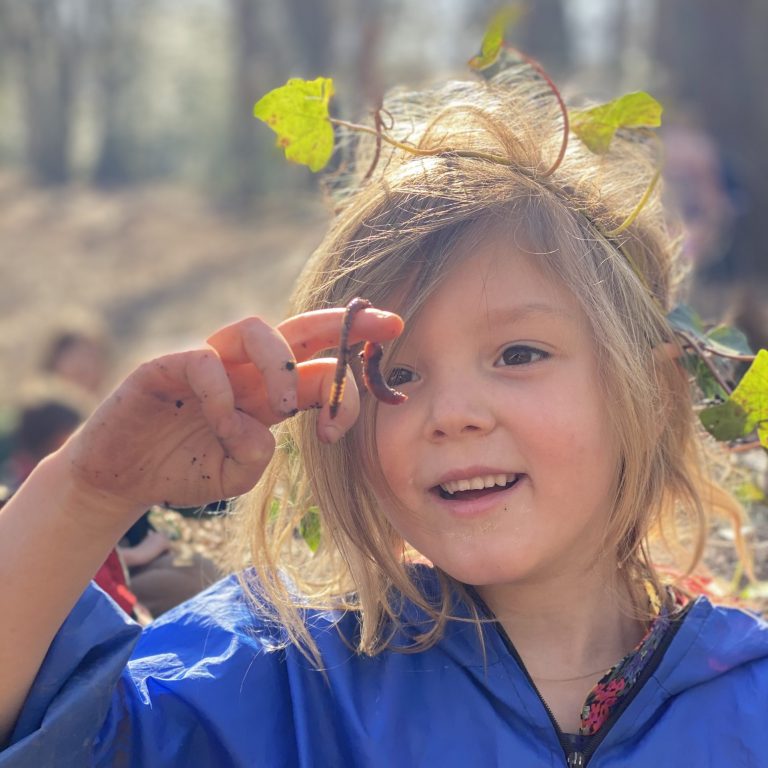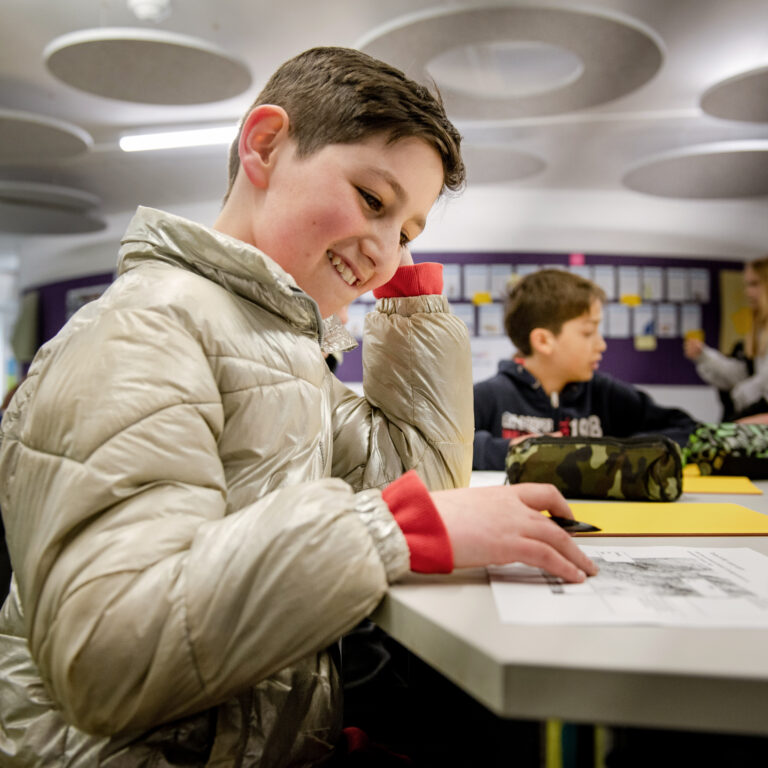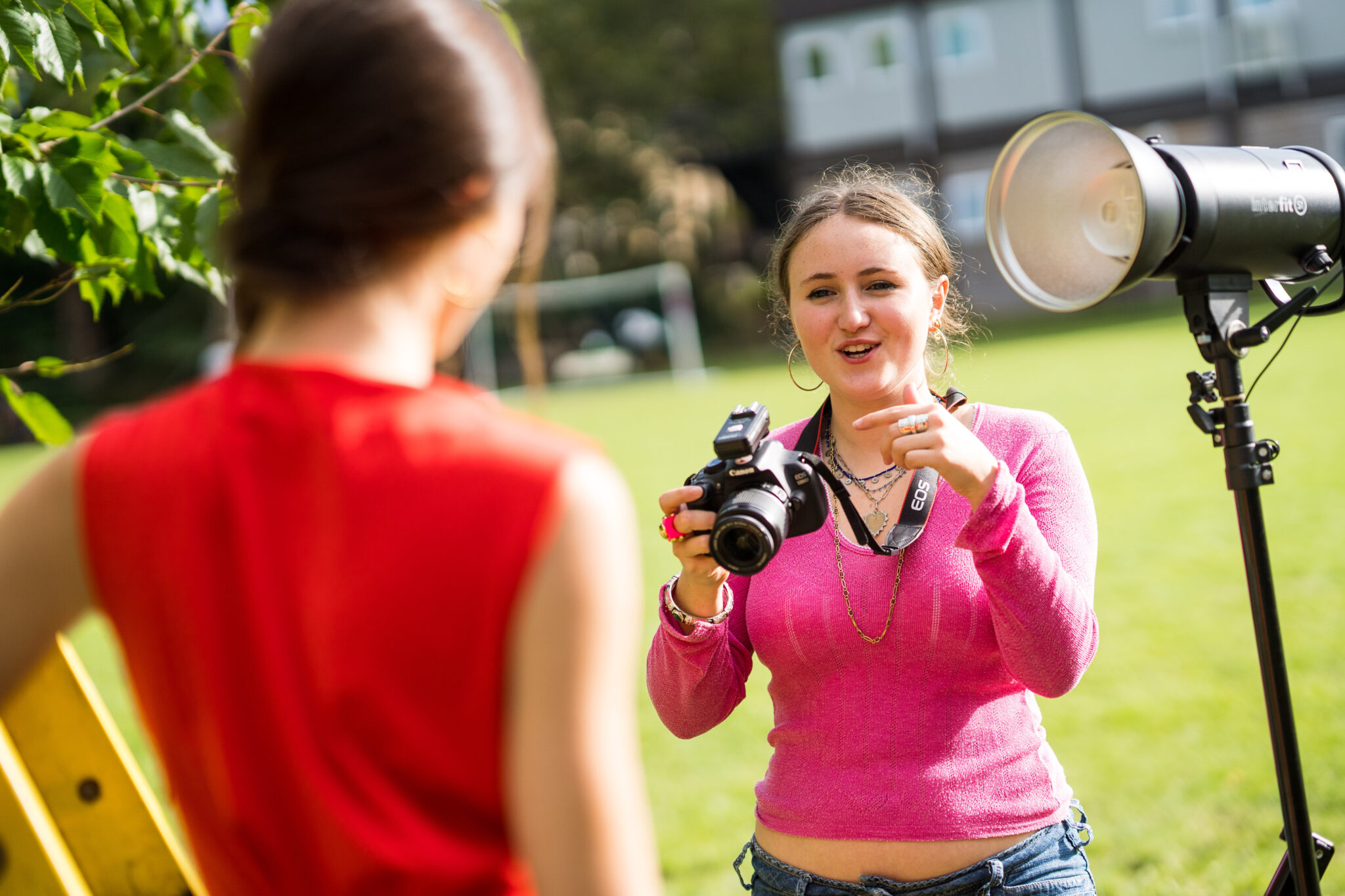Further Reflections on the KASS Annual Conference
25th October 16
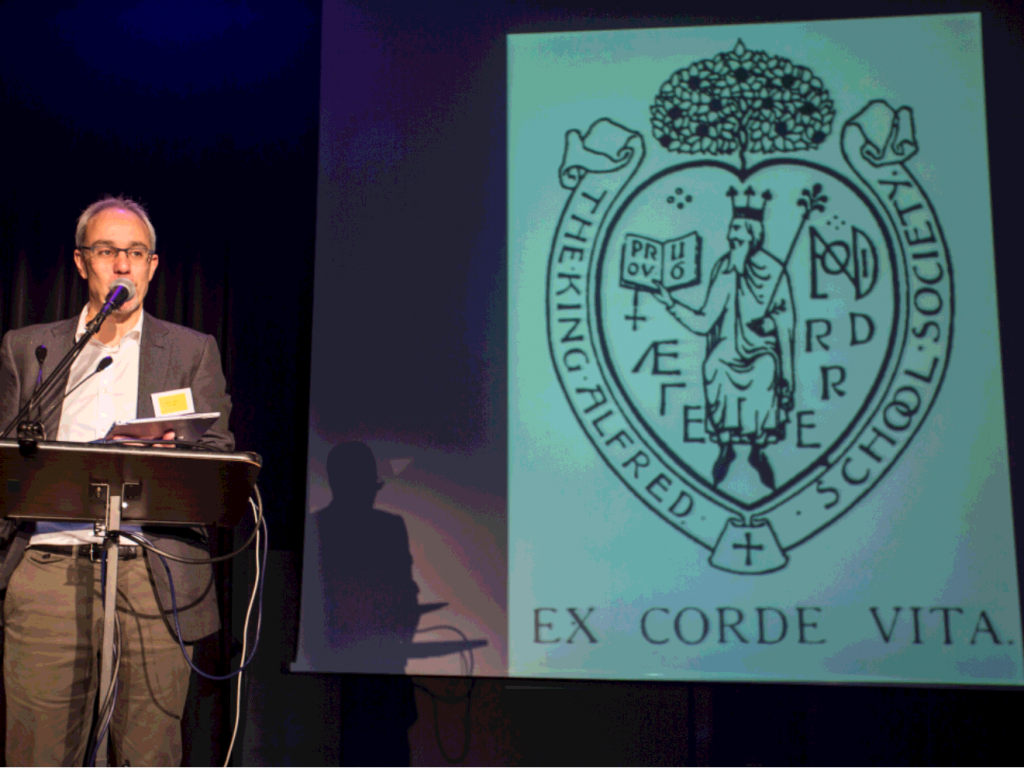
“If we teach today’s students as we taught yesterday’s, we rob them of tomorrow.”
– John Dewey, 1915
We are living in an age of profound change – automation, globalisation, climate change, to name but three. “The phones in our pockets are more powerful than the largest computer from 20 years ago. The jobs our children will have in the future do not yet exist”, said Robert Lobatto, Head of King Alfred School as he introduced the start of the conference in which leading educationalists from across the progressive education movement shared their views on this and other dilemmas at The King Alfred School Society’s annual conference, “Breaking the Mould,” held Saturday 15 October 2016.
David Price, OBE, spoke about how the new dynamics of digital culture are transforming not only how we work and play but how we think, feel and learn. It is his opinion that in the future one employee will no longer perform one role but instead a job will be broken down into its components, outsourced and bought as individual skills. With this in mind and the fact that 47% of all jobs will be automated by 2030, he asked, how are we creating future entrepreneurs and problem solvers? We need an alternative vision. Price constructed a powerful argument for an innovative way of education involving a coalition amongst school leaders, teachers, business and parents. In his new model, as in the most successful companies, students are encouraged to take risks, knowing that only a proportion of their endeavours will be successful. Learning does not have to be transmissive (teachers transmit and students receive), it can be experiential. Instead of one expert (teacher) and few learners, students learn in networking groups.
The implications for not preparing our students for an automated future are immense. David Price quoted Al Gore “In what world does it make sense to make machines who can think for themselves and student who do not?” John Dewey’s words from 100 years ago are more relevant today than ever before: “if we teach today’s children the way we taught yesterday’s, we rob them of tomorrow.”
Ian Morris, Head of Well-being at Wellington College put forward a challenging argument on “what is the point of school.” Arguing that the limited focus of the current learning experience that the majority of children are subjected to results in efficiency being valued at the expense of the individual. Helping to contribute to the character of a young person i.e. virtue, integrity and wellbeing, creates individuals who are capable of adapting to whatever future awaits them in life or work.
Carl Jarvis Executive Head of Hartsholme Academy, Lincoln, shared the impact of changing his classrooms into learning eco systems. Themed on the topics being learned, his classrooms resemble world war bomb shelters, and 17th century French court with its own guillotine.
We learned from Mark Moorhouse that when you remove teachers from the classroom and set up a Day 6 in the school timetable, real learning takes place. Instead of cleaning tables in a local coffee shop on a Saturday, Sixth Formers are paid as tutors to work with and support younger learners.
According to Michael McIntyre, Programme Co-ordinator for Facing History and Ourselves, how we see ourselves, shapes how we connect with society. Integrating facing history pedagogy in the classroom results in developing independent thinkers prepared to engage critically with the ever-changing world around them.
Yet again the King Alfred School Society conference brought together an inspiring array of speakers. Continuing the founding principles of the School, they continue to use the latest research in teaching practices to inform what is best for the child, both for their experience at school and their preparation for life.
Robert Lobatto, King Alfred School Headteacher reflected on the success of the conference “This was King Alfred’s best conference yet. The morning was truly inspirational and connected us back to the reasons we chose to work in Education in the first place. The afternoon gave us time to reflect and consider how we would apply the ideas in our own contexts. It was an excellent day which will have a genuine impact on how we move forward in the future.”
For further information please contact Rosie Curry – 020 8457 5285 Email: rosiec@kingalfred.org.uk


